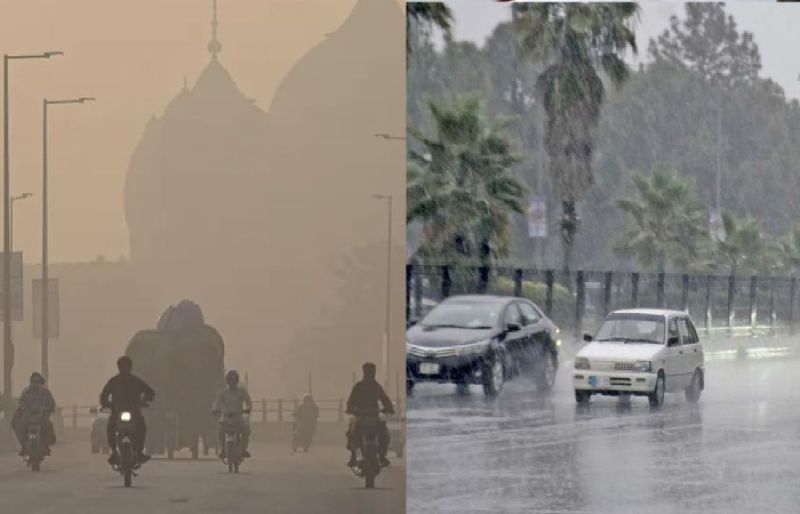Punjab government on Saturday successfully conducted a test for artificial rain via cloud-seeding over a limited area in Lahore to curb smog, revealed caretaker Chief Minister of Punjab, Mohsin Naqvi.
The government created artificial showers after detailed consultation with experts as deadly pollutants are damaging lungs and entering the bloodstream of million, creating new alarming situation in the region.
The provincial capital witnessed a historic moment as government conducted its first experiment with artificial seeding process, the caretaker Chief Minister Mohsin Naqvi said in a press release.
In his media interaction, CM said the government conducted the artificial rain endeavor with the help of UAE that resulted in slight showers in several areas of the city.
He commended the success of first-ever artificial rain experiment, saying provincial administration will take other steps to curb smog. Naqvi thanked Environment Department and UAE team for their help in process.
Sharing details, CM said at least 48 flares were deployed for cloud seeding.
He further highlighted that the monitoring and attentiveness started as early as 9:00 in the morning, emphasizing an ongoing commitment to the success of the artificial rain initiative.
Artificial rain is a weather modification technique used to induce showers by introducing various substances into clouds that serve as cloud condensation or ice nuclei, which encourage the formation and growth of precipitation particles.
The most common substances used for cloud seeding include silver iodide, potassium iodide, and liquid propane.
Cloud seeding is typically done using aircraft, ground-based generators, or rockets. The effectiveness of artificial rain or cloud seeding can vary, and it is subject to factors such as cloud type, temperature, and atmospheric conditions. While some studies suggest that cloud seeding can enhance precipitation under certain conditions, the overall effectiveness and long-term environmental impact are still subjects of ongoing research and debate.


